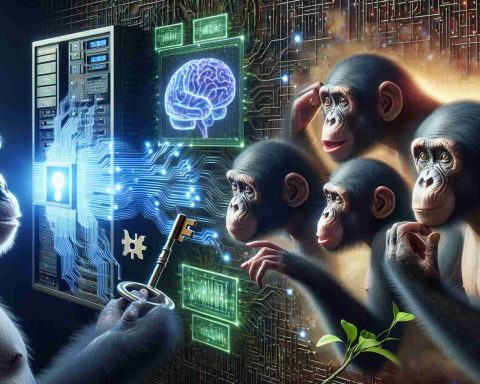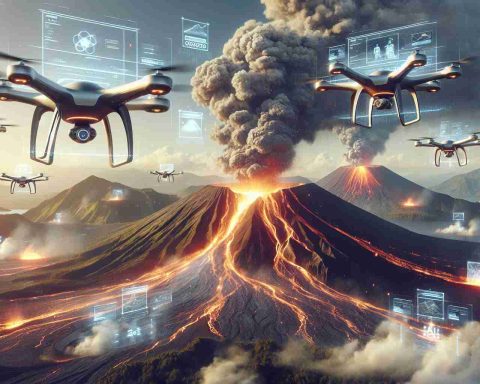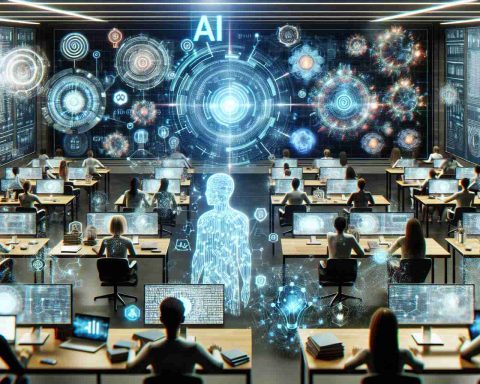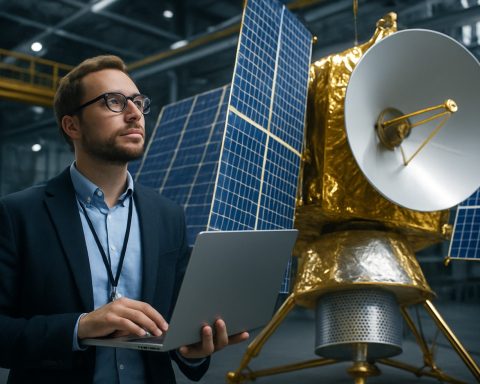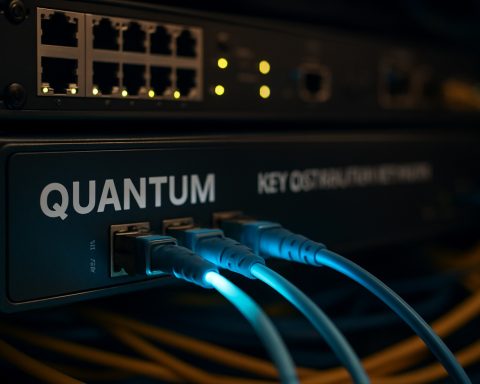Artificial Intelligence
Artificial Intelligence (AI) refers to the simulation of human intelligence processes by computer systems. These processes include learning (the acquisition of information and rules for using it), reasoning (the ability to solve problems through logic), and self-correction. AI encompasses a variety of subfields, including machine learning, natural language processing, computer vision, and robotics. The goal of AI is to create systems that can perform tasks that typically require human intelligence, such as understanding language, recognizing patterns, making decisions, and adapting to new situations. AI technologies are used in numerous applications, from personal assistants like virtual chatbots to more complex systems like autonomous vehicles and advanced data analysis tools. The development of AI raises ethical considerations regarding its impact on society and the workforce, as well as concerns about safety, transparency, and accountability.

